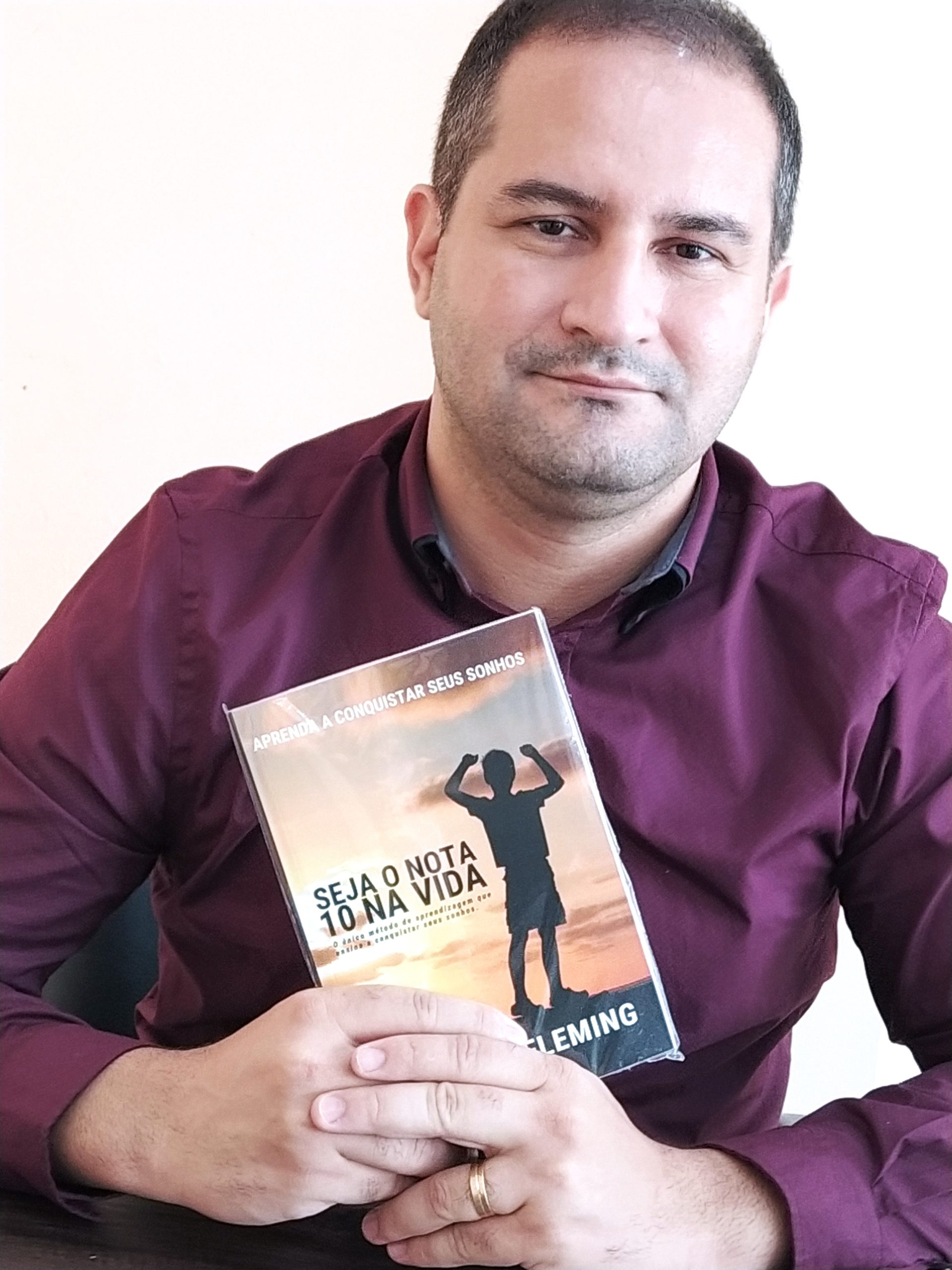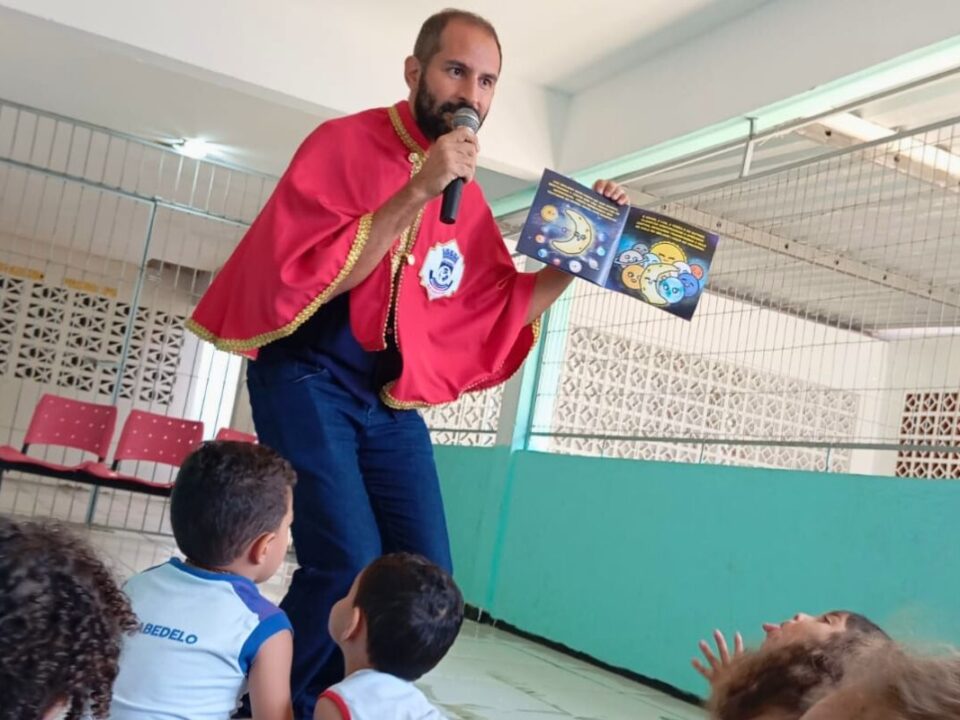Building a Positive Mindset with Autism: Tips for Everyday Success

5 Organization Hacks for ADHD Minds to Stay on Track
23/03/2025I still remember the sting of that afternoon in third grade. It was recess, and I was crouched by the schoolyard fence, lining up rocks in perfect rows—my little escape from a world that didn’t make sense. A group of kids spotted me, their laughter cutting through the air. “Rock Boy’s at it again!” one shouted, kicking my neat piles into chaos. I didn’t have the words to fight back—I wouldn’t until I was five, long after most kids had mastered chatter. Those years of silence earned me labels: “Weird Leo,” “Dumb Rock Boy.” School was no refuge either; my grades sank lower than the bullies’ taunts, and teachers scribbled “needs improvement” on every report. Fast forward, and it took me eight years to claw my way into college, only to abandon four courses before I found my footing. Back then, I thought I was broken—until I learned those struggles were the sparks of something greater.
I’m Leonardo Fleming, diagnosed as an adult with Autism, ADHD, Dyslexia, and Dyscalculia. Today, I’m a retired 2nd Sergeant of the Brazilian Military Police, a Best-Selling Amazon author with Be a 10 in Life: Learn to Achieve Your Dreams, and the top-voted speaker at The Best Speaker Brasil 2024. I’ve spent over 20 years serving, writing, and speaking across Brazil, inspiring audiences with a truth I fought to uncover: difficulties aren’t dead ends—they’re fuel. For me, autism shaped a mind that sees the world differently, and I’ve learned to turn that into a strength. Building a positive mindset hasn’t been easy, but it’s been worth it. Here are my tips for autistic adults like us to find success every day, one step at a time.
Why a Positive Mindset Matters for Autism
Autism can feel like a double-edged sword. On one hand, I’ve got a laser focus for details—give me a problem, and I’ll dissect it to death. On the other, sensory overload or social missteps can tank my mood in seconds. Growing up, I internalized every failure—every bad grade, every ruined rock pile—as proof I wasn’t enough. But here’s what I’ve learned: a positive mindset isn’t about ignoring the hard stuff. It’s about reframing it. For us autistic folks, that shift can mean the difference between spiraling and soaring. It’s not fluffy self-help nonsense—it’s a tool to take back control. These tips are how I’ve done it, and I hope they help you too.
Tip 1: Celebrate the Small Stuff
In the Military Police, I learned discipline, but my autistic brain craved wins I could feel. Big victories—like finishing a degree or writing a book—took years, and waiting for them crushed me. So, I started celebrating small stuff. Made my bed? Win. Wrote one paragraph? Victory. Didn’t meltdown during a loud meeting? Gold star. It sounds trivial, but those micro-wins stack up. They tell my brain, “You’re doing it,” even when the world says otherwise. Autism often locks us into perfectionism, but this trick breaks that cycle. Try it: pick one tiny thing you did today and pat yourself on the back. It’s fuel for the next step.
Tip 2: Find Your “Why”
I spent years drifting—dropping courses, switching jobs—because I didn’t know what I was chasing. Then, during my Police days, I found my “why”: helping people turn chaos into order, just like I had to. That purpose flipped a switch. Now, when sensory overload hits or Dyslexia scrambles my notes, I remind myself why I’m pushing: to show others they’re not alone. Autism can make the world feel random, but a clear “why” anchors me. What’s yours? Maybe it’s creating something, helping someone, or proving you can. Write it down, stick it somewhere you’ll see it, and let it pull you through the tough days.
Tip 3: Build a Sensory Reset Routine
A loud siren or a crowded room can send my autistic brain into a tailspin—suddenly, positivity’s out the window. I used to push through, ending up drained and miserable. Now, I’ve got a “sensory reset”: five minutes with my headphones on, a weighted blanket, or just stepping outside to breathe. It’s not running away—it’s recharging. In the Police, I’d sneak a quiet moment between patrols to regroup. Find what calms you—maybe music, a fidget toy, or darkness—and make it a habit. When your senses are steady, your mind can stay positive. Next time you’re overwhelmed, pause and reset. It’s a game-changer.
Tip 4: Flip the Script on Setbacks
Every time I flunked a test or quit a course, I’d think, “I’m a failure.” That voice haunted me until I learned to flip it. Now, when I mess up—say, miss a deadline because ADHD hijacked my focus—I ask, “What’s this teaching me?” Failing four courses taught me resilience. Bullying taught me empathy. Autism’s quirks? They’ve made me a problem-solver. Setbacks aren’t the end; they’re lessons. Next time something goes wrong, write down one thing it’s showing you. It’s not denial—it’s power. My best-selling book came from flipping years of “failure” into fuel.
Tip 5: Surround Yourself with Your Tribe
I spent too long trying to fit in with people who didn’t get me—classmates, even some colleagues. It tanked my confidence. Then I found my tribe: neurodivergent friends, mentors, and audiences who cheer my quirks, not mock them. During my 2024 speaking tour, I met autistic folks who nodded at my story—they knew the struggle and the strength. A positive mindset grows when you’re not fighting to prove yourself. Seek out your people—online groups, local meetups, or even one ally. They’ll remind you your differences are gifts. Who’s in your corner? Start there.
Bringing It Together
These tips aren’t a cure-all, but they’ve carried me from a silent, bullied kid to a man who thrives. Celebrating small wins keeps me moving. My “why” gives me direction. Sensory resets protect my peace. Flipping setbacks builds my grit. My tribe lifts me up. Together, they’ve helped me serve 20 years in the Police, write a best-seller, and speak to thousands—all with an autistic mind that once felt like a curse.
Start with one tip—maybe the sensory reset—and tweak it until it’s yours. A positive mindset isn’t built overnight, especially with autism’s ups and downs. But every step counts. You’ve got strengths the world can’t see yet—let these tips help you shine.
Conclusion
I’ve turned silence into speeches, failure into books, and chaos into purpose. A positive mindset isn’t just possible with autism—it’s our edge. Keep pushing, keep learning, and know you’re not alone on this road.
Leonardo Fleming is a bestselling author, with the book BE A GRADE 10 IN LIFE: LEARN TO ACHIEVE YOUR DREAMS, purchase the book through the link https://a.co/d/1Bb35WC. Specialist in learning and assessment and the most voted speaker at The Best Speaker Brazil 2024. Second retired sergeant of the Brazilian Military Police, he is also an immortal academic and mentor to writers. Diagnosed as an adult with autism, ADHD, dyslexia and dyscalculia, he inspires audiences across Brazil with his story of resilience and his unique methods for transforming obstacles into results.

Leonardo Fleming – Palestrante nº 1 do Brasil pelo voto popular em 2024 no The Best Speaker Brasil; Escritor Bestseller da Amazon; 2º Sargento Reformado da Polícia Militar; Com vasta experiência em superar dificuldades, desenvolveu métodos de aprendizagens, ele inspira e capacita pessoas através de suas histórias reais e ensinamentos. Missão é transformar desafios em pontos fortes e promover a evolução pessoal e profissional. Saiba mais em www.leonardofleming.com. WhatsApp (68) 9 9943 6162.




